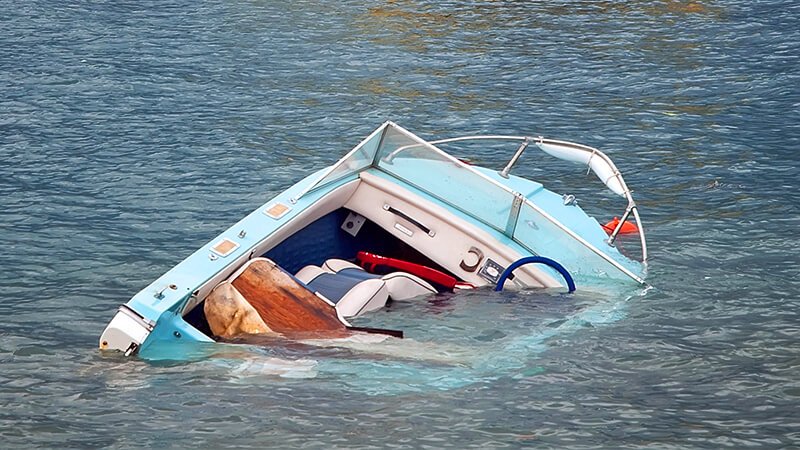– Warm climate approaches lengthy relaxing days out on the water with pals and family. But irrespective of how long you have been boating, it’s helpful to brush up on a few safety high-quality practices to help keep away from a coincidence.
Inspect the boat. Hoses and different rubber parts may be affected by dry rot. Also, take at taking a look at all the metallic surfaces and electric areas for corrosion. The Vessel Safety Check is an unfastened public service supplied using the U.S. Coast Guard Auxiliary and U.S. Power Squadron volunteers.
Check the fluid stages. Just like a vehicle, your boat wishes numerous fluids to run easily. Make positive your oil, electricity steerage, electricity trim, coolant, and tools oil are all at high-quality ranges before you head out.
Test the battery. If your battery is greater than four years antique, it is probably time for an alternative. Sailors for the Sea recommend charging and checking for connection corrosion at the beginning of the season.
Pack your protection equipment. Make positive your boat has an appropriate safety system onboard. This consists of life jackets, fire extinguishers, visual misery signals, a bailer, an anchor, a first aid kit, a flashlight, and a bell or whistle. You ought to also make sure to carry a completely charged cellular smartphone with you every time you head out.
Pay interest to the weather. No one could consider taking a ship out in a thunderstorm. Yet boat proprietors regularly do not assume two times about different climate conditions that might prove just as risky. Avoid boating on highly windy days considering the fact that waves ought to capsize a smaller boat or purpose passengers to fall out.
Develop (and talk) a go with the flow plan. This consists of all pertinent records to your experience consisting of touch statistics for the experienced chief, the boat kind and registration information, and where you intend to boat. Give someone at your marina a heads-up, or a member of the family, particularly if you’re going somewhere remote.
While routine maintenance isn’t covered under a shipping policy, boat coverage can help cowl you, your passengers, and your boat in addition to other human beings and their assets.
“It’s smart to guard your boat with bodily harm coverage – that consists of permanently connected gadgets, any boating equipment, and accessories, outboard vehicles and boat trailers,” says Dave Freeman, vice president, Personal Lines and Regional Underwriting Officer at Erie Insurance. However, if you make a decision to pass on insuring your boat against damages, experts nonetheless endorse a call in your coverage agent.
““Boat owners have to at a minimal bring liability insurance, which covers them for any damage they will purpose to someone’s assets or if they cause harm to a person else,” says Freeman.
Contact a local Erie Insurance agent to learn more or get a boat insurance quote nowadays.
About Erie Insurance
According to A.M. Best Company, Erie Insurance Group, primarily based in Erie, Pennsylvania, is the 9th biggest homeowners insurer and twelfth largest vehicle insurer inside the United States based on direct premiums written and the 16th largest property/casualty insurer in the United States based on general traces net premium written. The Group rated A+ (Superior) via A.M. Best Company, has greater than five million regulations in pressure, and operates in 12 states and the District of Columbia. Erie Insurance Group is a FORTUNE 500 enterprise.
These four questions will, without delay, guide you to what you want for positive. You have surely were given all of the solutions within yourself. So calm down and start thinking now.
Basically, there are 2 kinds of boats, tough-sided boats and inflatable boats. Hard-sided boats are constructed with tough substances and are constant in functions which includes aluminum boats. On the other hand, inflatable boats are constructed with fabric that could be deflated and inflated at your fancy. Obviously, inflatable boats are greater cellular in this situation.






